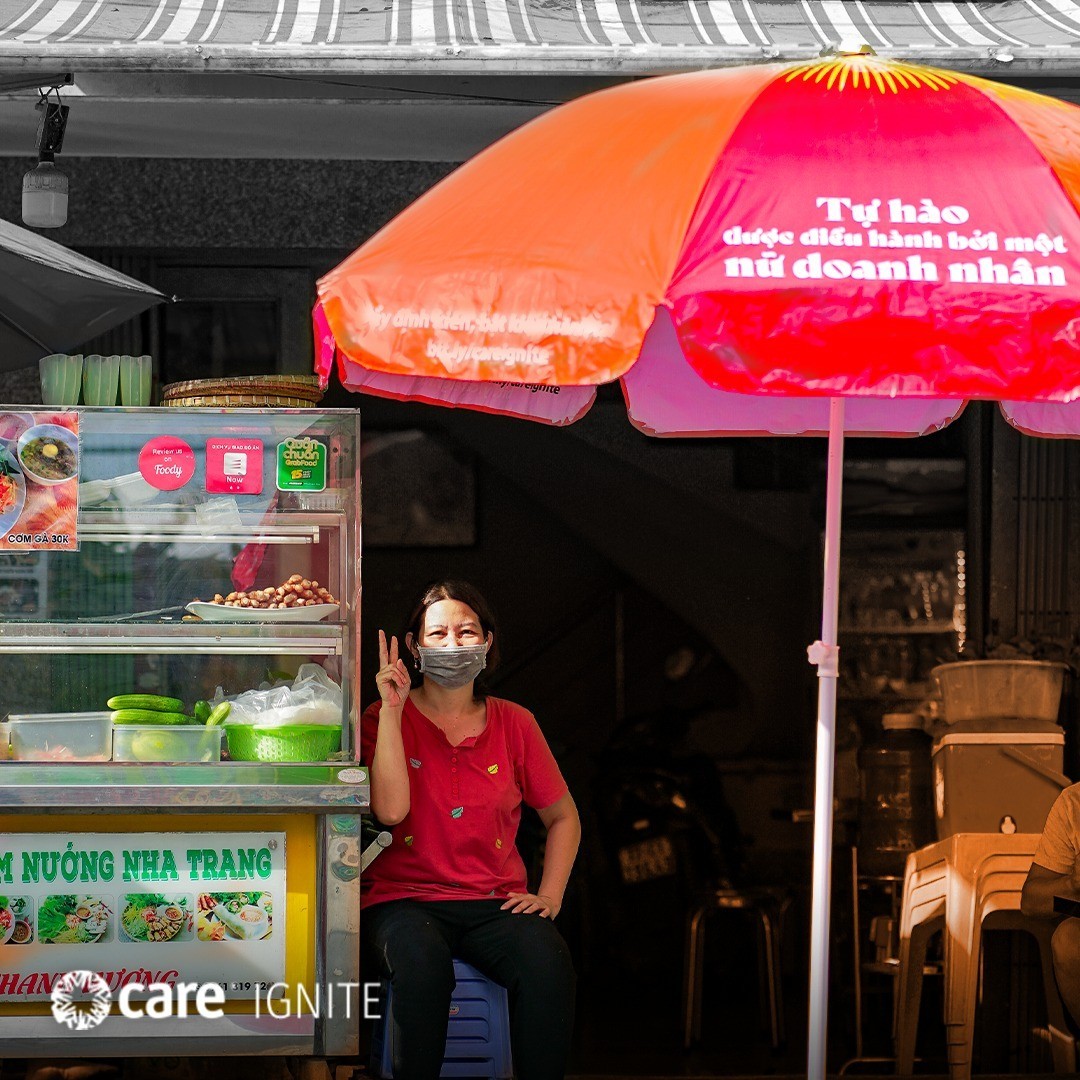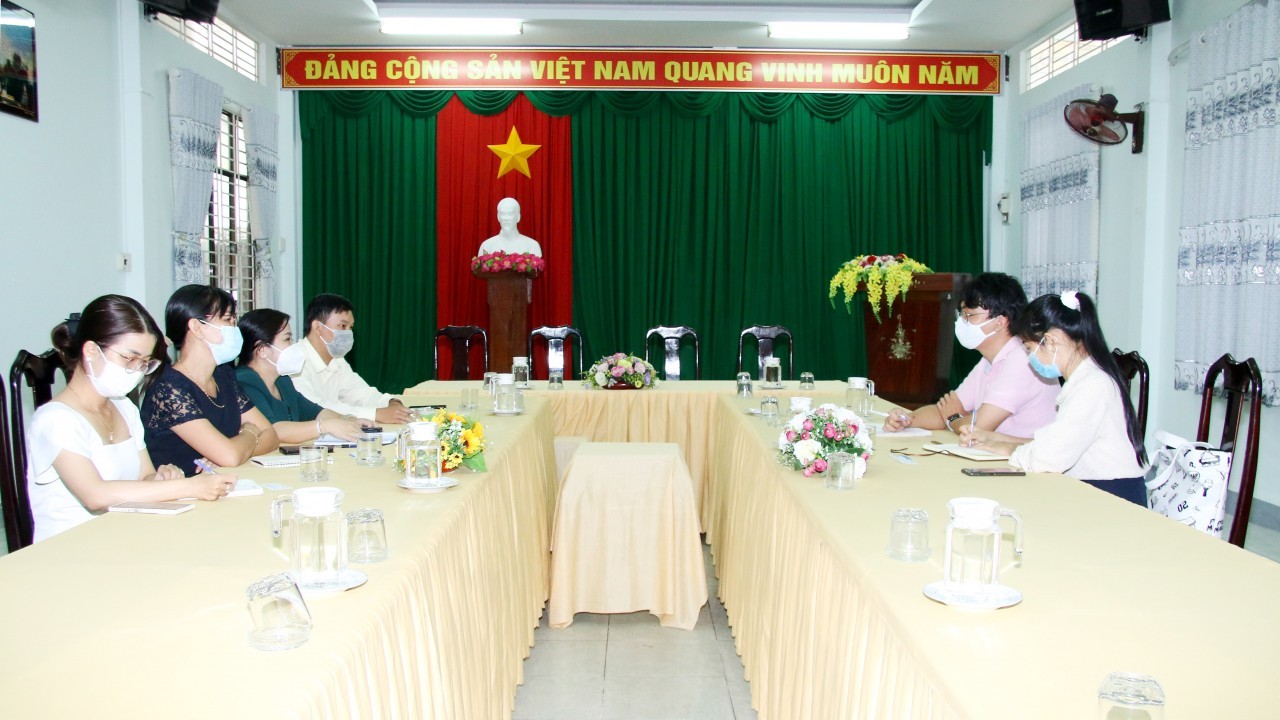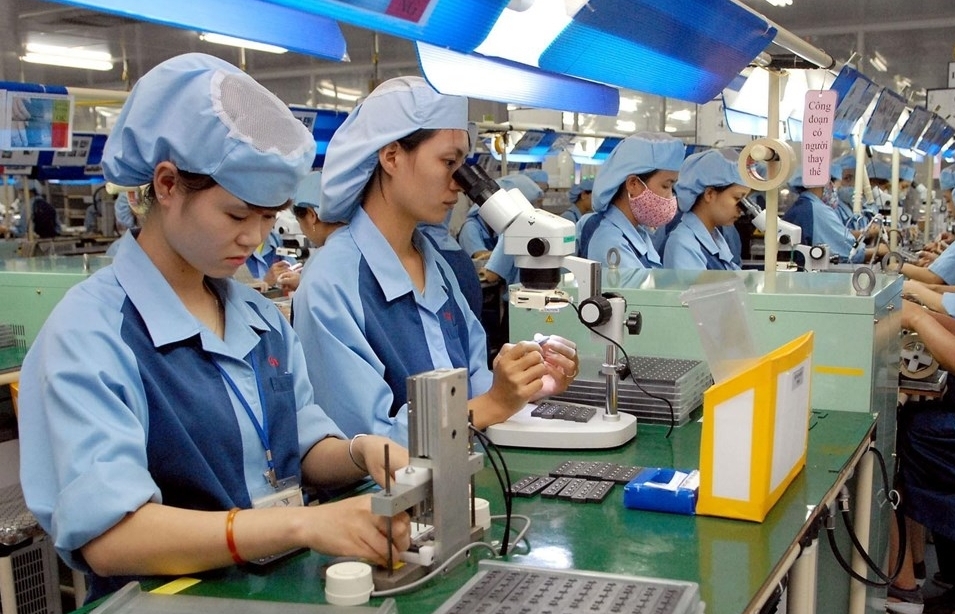New government decree helps boost small and medium enterprises development in Vietnam
| New decree restricts use of alcohol on screen | |
| Decree 20 has impact on property sector | |
| New decree requires more information of child patients |
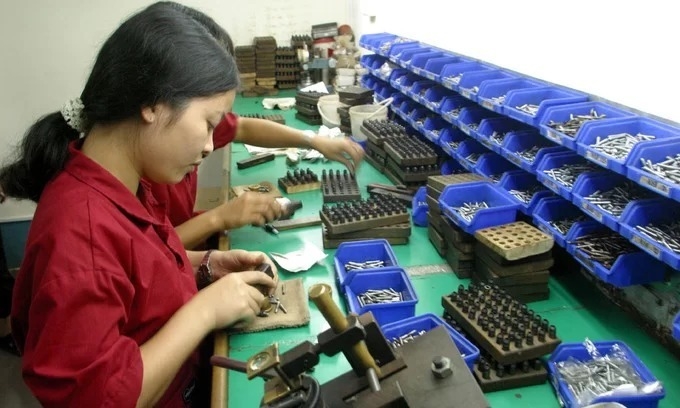 |
| (Photo: VnExpress) |
The government officially introduced Decree 37 to expand the list of business lines eligible for investment incentives under the Law on Investment No.67/2014/QH13 and Decree No.118/2015/ND-CP guiding the implementation of this law last month.
Accordingly, business investment activities in accordance with the Law on Support for Small and Medium Enterprises include: Investment in the distribution chain of products of small and medium-sized enterprises; Investment in business of incubating small and medium-sized businesses; Business investment in technical facilities to support small and medium-sized enterprises; Business investment in a common working area for small and medium-sized startups.
The four addional business lines aim to ensure compliance with the provisions of Point a, Clause 1, Article 33 of the 2017 Law on Small and Medium Enterprise Support.
In Decree 118, investment incentives are listed in the fields of science, technology, electronics, mechanics, material production and information technology; Agriculture; environmental protection, infrastructure construction; education, culture, society, sports, health and other professions.
Decree 37/2020/ND-CP takes effect from May 15, 2020, according to Vinanet.
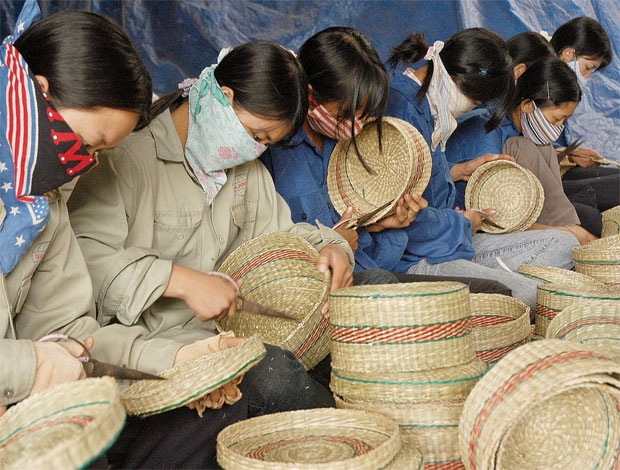 |
| (Photo: Vietnam News) |
Accordingly, several industries and sectors will officially become eligible for investment incentives. These include small- and medium-sized enterprises’ (SMEs) product distribution chains, business incubators for SMEs, technical support facilities for SMEs, and coworking spaces for startups.
Decree 37 will undeniably impose its positive socio-economic impacts by finalising the legal framework on the supportive mechanism for SMEs. This decree arrives right in time, as it does not only focus on furthering the commitment and support from the government toward the rapidly growing of startup economy in Vietnam, but also plays an active role as a “vitamin boost” to strongly support SMEs and startups business sustaining against negative impacts of the coronavirus outbreak, according to VIR.
About 98 per cent of 760,000 enterprises in Vietnam are SMEs, which contributes approximately 45 per cent in GDP, 31 per cent in total state budget, and has created more than five million jobs by the end of 2019. The numbers confirm the huge potential and socio-economic significance of SMEs – yet, they are among the most vulnerable subjects during the outbreak.
The law on SMEs was enacted with an aim to create a special incentive policy to promote their development. However, at present, the law implementing alone has not achieved the expected effects, mainly due to the lack of clear guiding documents, the conflict with other regulations (such as investment, tax, or land regulations), and the vagueness in supportive policies.
This leads to the fact that most SMEs in Vietnam are still struggling to access credit, tax, and land support programmes, as well as other preferential policies as introduced by the law on SMEs.
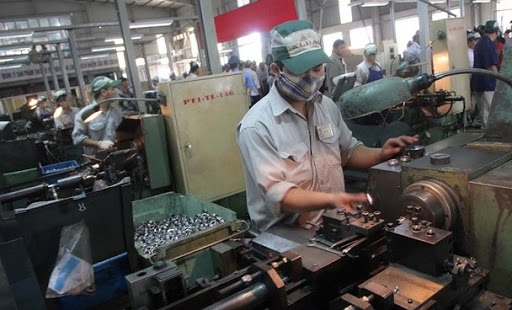 |
| (Photo: Thanh Nien) |
Decree 37, with the effect to immediately amend Decree 118, is a fast-track solution offered by the government to help SMEs during this difficult time. The issuance of Decree 37 in the midst of the serious outbreak of the coronavirus pandemic, on the first hand, demonstrates the government’s dedication to further promote the SMEs. On the other hand, it helps ease investor worries during this chaotic period. Yet, the implementation of Decree 37 needs to be seen.
Decree 37 will also open a wide door for startups in Vietnam by attracting more investment, including foreign investment, into related sectors. Additionally, by establishing a uniform preferential set of conditions on a nationwide scale, Decree 37 is expected to expand the startup trend and successful models to more cities and provinces, other than the current big three locations.
In the past, due to the gap between the regulatory direction of the central government and the actual implementation of the law on SMEs, local authorities were facing challenges in realising the supportive mechanisms introduced under this law, thus led to the fact that numerous unnecessary business requirements and administrative procedures had been adopted in various localities, hindering the development of SMEs.
Thanks to Decree 37, it is now expected that the inconsistency between the government’s policy and the localities’ implementation will be solved consistently throughout the country. With the clear recognition of the supporting businesses in the list of preferential sectors, it should be easier for investors to access the land and credit support programmes from the government.
In addition, when Decree 37 becomes effective, with additional supporting mechanism from the government to overcome the severely hit of the pandemic, the new regulation is expected to become a momentum for the economy to rapidly recover after it comes to an end and, in the long run, to help Vietnam come closer to achieving “startup nation” status, according to VIR.
 | Vietnamese businesses take initiatives to adapt COVID-19 Some Vietnamese businesses in services have promptly taken initiatives to adapt to the changes and overcome the challenges caused by COVID-19. |
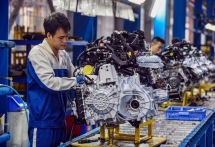 | Many enterprises in Vietnam expressed optimism for Q2 business prospect Many manufacturing and processing firms in Vietnam expressed optimism for the prospect of business in Q2 of 2020, according to a survey by the General ... |
 | Vietnamese banks provide support aids to businesses According to the State Bank of Vietnam (SBV)’s deputy governor Dao Minh Tu, the banking industry should support businesses amid the complex development of COVID-19. ... |








